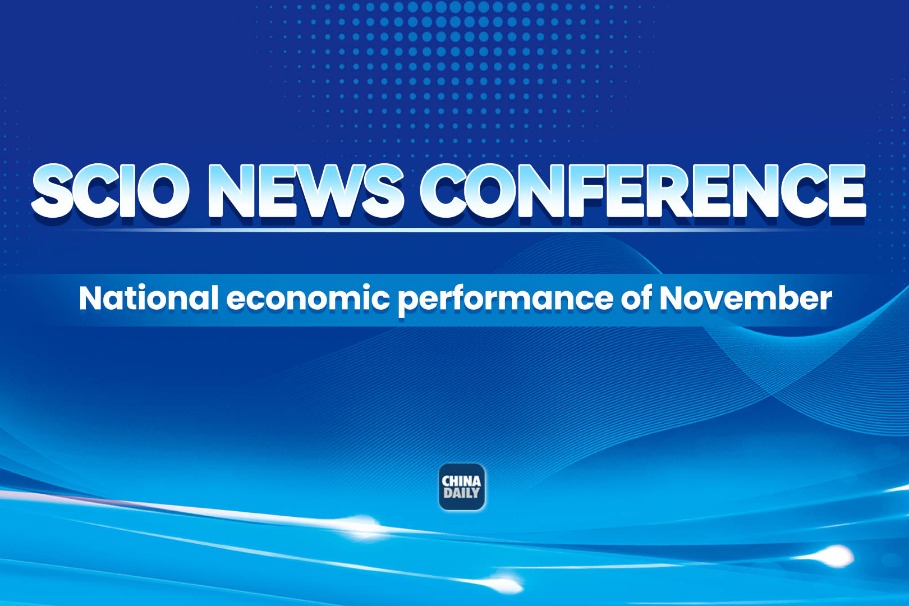Why we still need Marco Polo in the 21st century
By Zhao Siyuan | chinadaily.com.cn | Updated: 2023-10-12 09:35

It takes roughly 12 hours to fly directly from Beijing to Rome. If you travel northward to Venice, an extra three-hour railway trip would be enough.
Tapping into the convenience of modern transport, one can hardly imagine why it could be called a marvel, or even a miracle, when Marco Polo completed his arduous Trans-Eurasian journey from his hometown Venice to Khanbaliq (now Beijing) in the 13th century when lack of transport was the minimal obstacle. More dangers were yet to come: acute weathers, partitions of kingdoms, language barriers and warfare…
He was remembered not only for his trailblazing journey, but more so as the first European to leave a detailed description about China, even though it was not deemed as significant as it should have been at his living time.
It is believed that Polo got himself the disapproving nickname "Marco Milione" after he came back to his hometown because people found his stories about the East to be filled with extravagance.
Somehow it makes sense why his fellow Venetians stayed untouched or indifferent to his stories. Back in the 13th century, the Venetian city pride was at its peak for its maritime trade prowess. The Venetian merchants - which the Polo family was a part of - got their reputation for dominance over maritime trade routes connecting Europe and Asia Minor.
So when a 13th century Venetian read or heard about an unknown city called Kinsai that was hailed as "la citta celeste piu bella e piu splendida del mondo" (the finest and most splendid city in the world), what reaction would you expect other than disbelief or ridicule?
Kinsai is present day Hangzhou and occupied the most pages in "The Travels of Marco Polo" for its opulence, orderly governance and commercial success.
Centuries later, things have changed while remaining yet unchanged.
Ordinary travelers don't have to go through the same torture as Polo did. Unlike Polo, a man born in the Middle Ages when ignorance about the world outside Europe was predominant, nowadays people have easy access to information about China.

But even in the 21st century, people, as their ancestors did in the Middle Ages, tend to jump to easy conclusions, which are often misconceptions in terms of things and places they don't fully understand. Even worse, this kind of misconception can be magnified with the help of fabricated media reports, smear campaigns and attention-seeking politicians. In this era we need people like Marco Polo more than ever before.
People who are brave enough to step out of their comfort zone and see a different world;
People willing to share what they've seen, heard and felt;
People who can overcome prejudice and see and tell the truth.
To celebrate such bravery, courage and open minds, China Daily website has launched a video series about three Italians who've come a long way to re-discover the modern China.
They are an influencer, artist and entrepreneur.
They are the "Marco Polos" of the 21st century.
Unlike the 13th-century Polo, whose story didn't quite impress his contemporaries but was rediscovered at the Age of Discovery and was believed to have inspired explorers like Christopher Columbus, the 21st-century Marco Polo's travels will be heard and spread.























